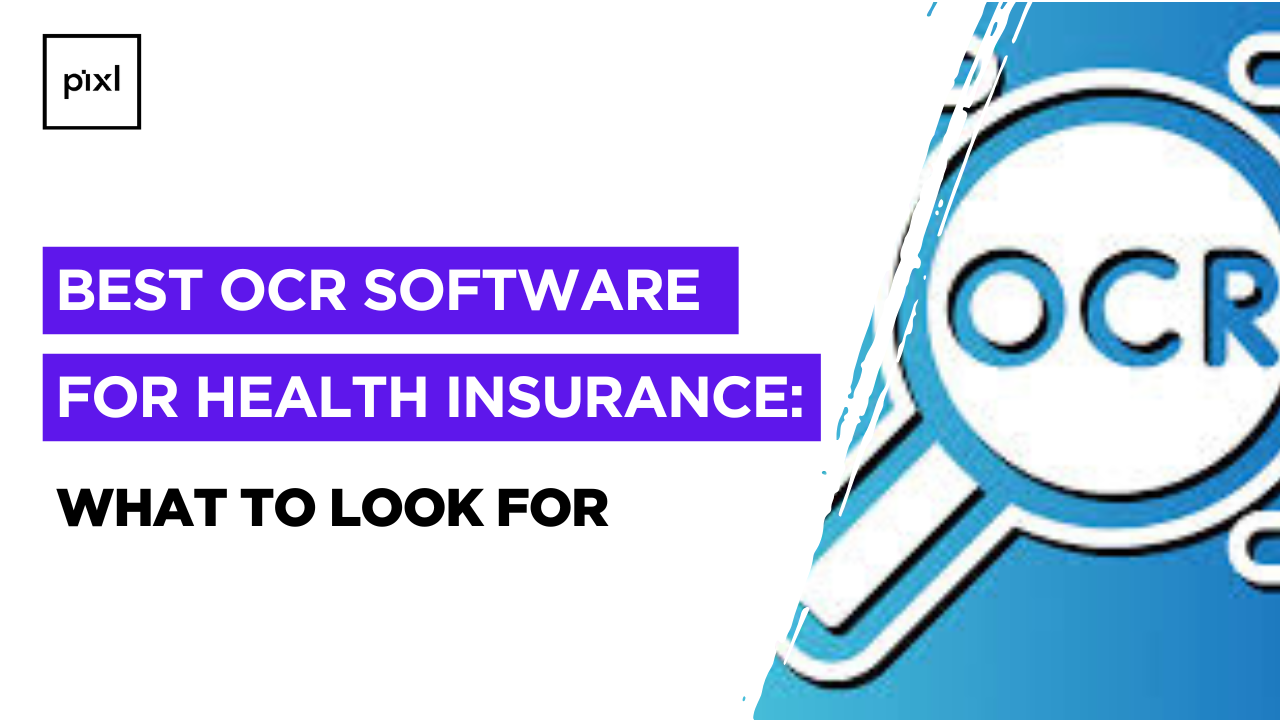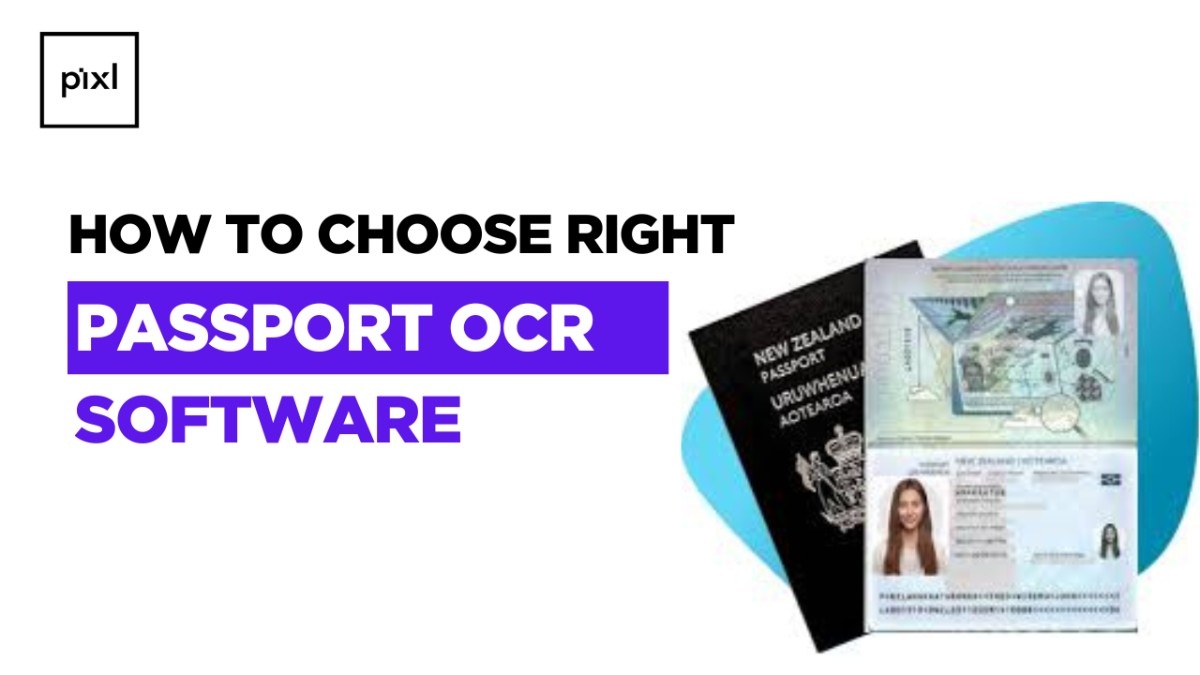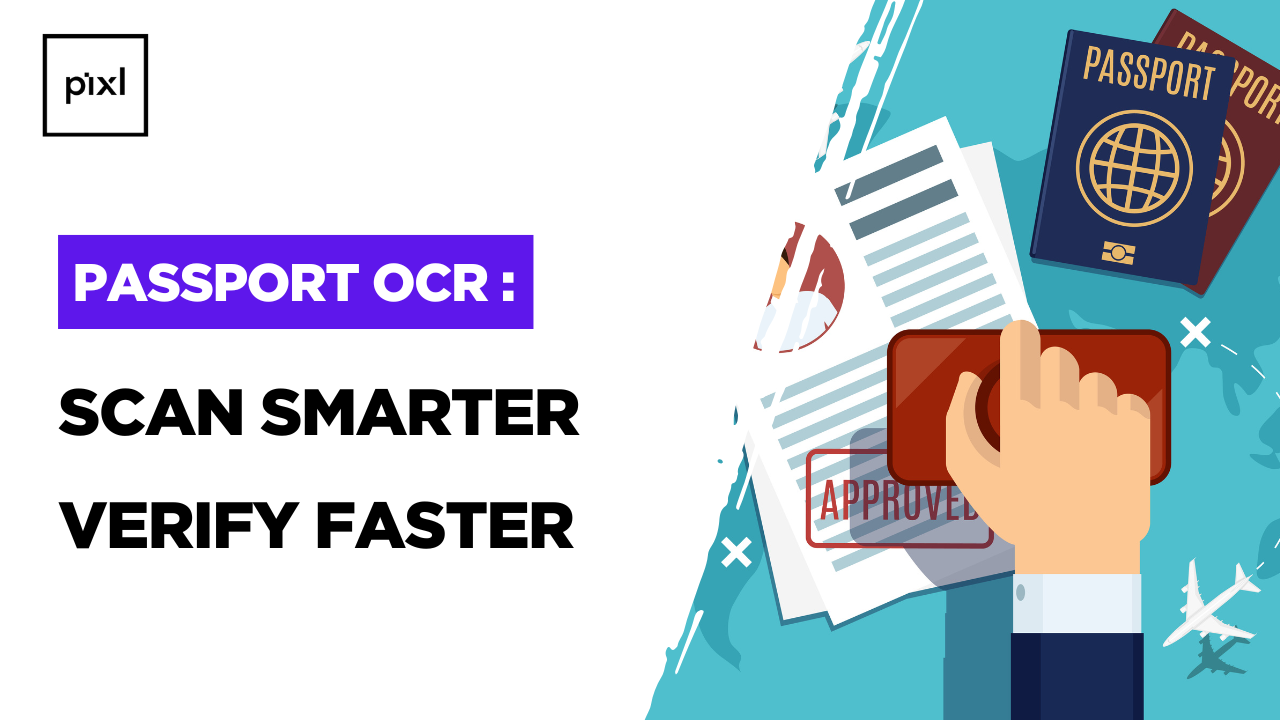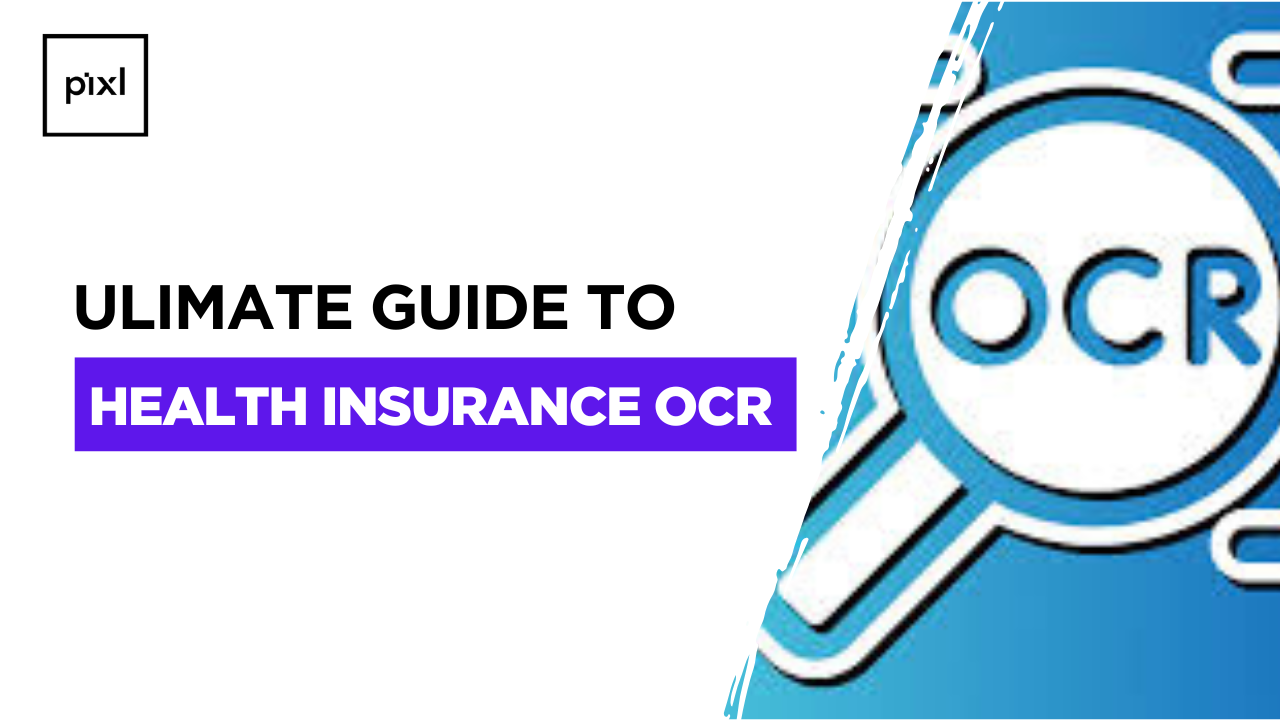Optical Character Recognition (OCR) technology plays an important role in health insurance industry because health care deals with enormous volumes of paperwork ,daily policy applications, patient health cards, claims, and compliance documents. Traditionally, this process required manual data entry, often leading to inefficiencies, errors, and delays in claim approvals. This is where Optical Character Recognition (OCR) technology for Health Insurance comes in.
By converting scanned health insurance cards and documents into structured digital data, OCR software for insurers transforms how companies manage information. From verifying patient identities to automating claim workflows, OCR accelerates operations while ensuring accuracy and compliance. For insurers looking to modernize their systems, finding the best OCR for health insurance is no longer optional it is essential.
Key Features to Look for in Health Insurance OCR Software
When evaluating OCR solutions for insurance workflows, insurers should prioritize the following features:
1. High Accuracy and Intelligent Recognition
The ability to extract critical fields such as policy numbers, coverage details, provider names, and expiry dates without errors is vital. Intelligent OCR powered by AI reduces manual corrections and enhances data integrity.
2. Speed and Scalability
The best OCR for health insurance should handle bulk document processing with minimal delays. Whether processing thousands of claims or onboarding new customers, scalable solutions prevent bottlenecks.
3. Easy Integration
Seamless integration with existing systems such as CRM, claims management software, or healthcare databases ensures insurers can quickly deploy OCR without disrupting workflows. APIs and SDKs are especially useful here.
4. Data Security and Compliance
Insurance companies manage highly sensitive information. Strong encryption, compliance with HIPAA/GDPR, and secure data handling must be standard in any OCR software for insurers.
5. Customization for Insurance Use Cases
Not all OCR tools are designed with healthcare in mind. Insurers should look for solutions tailored to health claim automation, including predefined templates for insurance cards and claim forms.
Benefits of OCR in Health Insurance
Adopting OCR offers insurers more than just digital transformation. Some key advantages include:
- Health Claim Automation: Automating claim verification and data extraction significantly reduces claim processing time.
- Enhanced Productivity: Teams can focus on customer care and decision-making rather than repetitive data entry.
- Error Reduction: By eliminating manual input, OCR software minimizes human errors, ensuring more accurate claim outcomes.
- Customer Experience: Faster onboarding and claim settlements lead to higher policyholder satisfaction.
- Cost Savings: Reduced administrative overhead and faster turnaround times lead to substantial operational savings.
What to Consider for Choosing the Best OCR for Health Insurance
When selecting the best OCR for health insurance, keep these key factors in mind:
- Accuracy: Ensure the OCR extracts details like policy numbers and coverage correctly, reducing manual errors.
- Speed & Scalability: Look for tools that handle bulk processing quickly without compromising quality.
- Integration: Choose solutions with easy to use APIs and SDKs that fit seamlessly into existing systems.
- Security & Compliance: Verify encryption, data protection, and adherence to regulations like HIPAA and GDPR.
- Insurance-Specific Features: Opt for OCR that supports customizable templates for insurance cards and claims.
- Cost-Effectiveness: Pick scalable solutions that grow with your needs while keeping costs in check.
- Support: Ensure vendors provide prompt assistance and regular updates to maintain smooth operations.
These considerations will help insurers select the most effective OCR software to boost efficiency and ensure accurate health claim automation.
Recommended OCR Software for Health Insurers
Here are three top-performing solutions insurers should consider:
1. Pixl Health Insurance OCR
Pixl provides one of the best OCR for health insurance workflows, designed to capture vital data from health insurance cards instantly. With high accuracy recognition, fast processing, and scalable APIs, Pixl enables insurers to streamline identity verification, accelerate claim automation, and integrate OCR seamlessly into existing systems. Its specialized health claim automation tools ensure compliance, efficiency, and unmatched productivity.
Why Pixl Leads in Insurance OCR?
At Pixl, we specialize in OCR software for insurers with a strong focus on healthcare and insurance workflows. Our Health Insurance Card OCR SDK & API extracts key details such as policy number, coverage, provider, and expiry date in seconds. By combining intelligent recognition with enterprise-grade security, Pixl ensures health insurers can process bulk claims faster, more accurately, and more securely than ever before.
Pixl OCR stands out because it offers:
- Instant results for faster decision-making
- AI-driven accuracy to eliminate errors
- Effortless integration with APIs and SDKs
- Scalable solutions for bulk insurance card processing
For insurers aiming to maximize efficiency and customer satisfaction, Pixl delivers the best insurance OCR solution.
2. ABBYY FlexiCapture
ABBYY is a well-known name in document processing, offering robust OCR software for insurers. With intelligent data capture, machine learning capabilities, and multi-language support, ABBYY is ideal for large scale health insurance enterprises needing flexibility and advanced automation.
3. Kofax OmniPage
Kofax provides a reliable OCR solution that supports high-speed document conversion with enterprise grade security. Its ability to process diverse formats insurance cards, PDFs, and scanned forms makes it a strong choice for insurers prioritizing secure claim automation and compliance.
Choosing the Right OCR Software for Health Insurance
The future of health insurance is about speed, automation, and accuracy of data. Investing in top OCR for health insurance enables the insurer to increase productivity, save costs, and provide quicker services to policyholders. Based on accuracy, integration, scalability, and security, insurers can choose OCR solutions that best suit their specific requirements.
Pixl, ABBYY, and Kofax are good picks, with Pixl having a specialized advantage for healthcare-oriented workflows. For insurers prepared to adopt the health claim automation software and streamline their functions, the appropriate OCR solution is what unlocks efficiency as well as customer confidence.
“Ready to speed your insurance workflows? Discover how the best OCR for health insurance can power faster claims and smarter operations get started with Pixl today”



